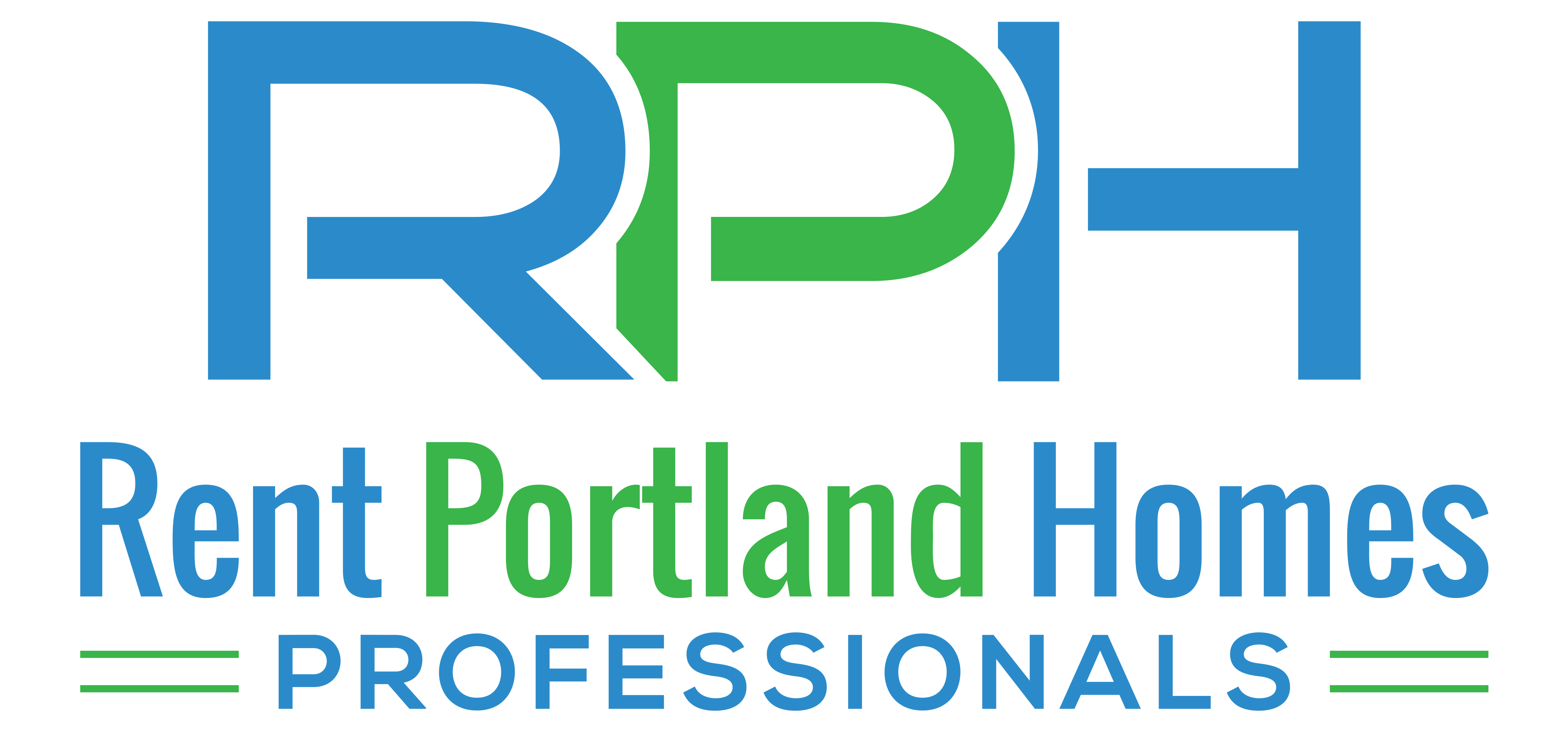Tips for choosing a profitable rental property

Investing in a rental property can be a lucrative endeavor, providing a steady stream of income and potential for long-term wealth accumulation. However, not all rental properties are created equal, and selecting the right one requires careful consideration and analysis.
To ensure success in the competitive real estate market, here are some essential tips for choosing a profitable rental property.
Tips For Choosing A Profitable Rental Property
- Location, Location, Location: The old adage holds true in real estate investing. A prime location significantly influences a property’s rental income and appreciation potential. Look for properties in neighborhoods with strong rental demand, access to amenities such as schools, parks, shopping centers, and public transportation, and low crime rates. Proximity to major employment centers and universities can also attract reliable tenants.
- Market Research: Conduct thorough market research to understand current rental trends, vacancy rates, and property values in your target area. Analyze rental listings, sales data, and economic indicators to identify areas with high rental demand and growth potential. Additionally, consider the rental yield—the ratio of annual rental income to property value—to assess the investment’s profitability.
- Financial Analysis: Crunch the numbers to determine the financial viability of a rental property. Calculate potential rental income based on comparable rental rates in the area and factor in expenses such as mortgage payments, property taxes, insurance, maintenance costs, and vacancies. A positive cash flow, where rental income exceeds expenses, is crucial for profitability.
- Property Condition: Evaluate the condition of the rental property to assess potential repair and maintenance costs. A well-maintained property not only attracts quality tenants but also reduces ongoing expenses. Consider hiring a professional inspector to identify any hidden issues, such as structural problems, plumbing or electrical issues, or pest infestations, before making a purchase decision.
- Tenant Profile: Understand the target market and tailor your property selection accordingly. Determine the type of tenants you want to attract—families, young professionals, students, etc.—and choose a property that meets their needs and preferences. For example, a family-friendly neighborhood may require properties with ample space and nearby schools, while young professionals may prefer modern amenities and proximity to nightlife and entertainment.
- Legal and Regulatory Considerations: Familiarize yourself with local landlord-tenant laws, zoning regulations, and housing codes to ensure compliance and avoid potential legal issues. Understand your rights and responsibilities as a landlord, including eviction procedures, lease agreements, security deposits, and property maintenance requirements. Consulting with a real estate attorney or property management company can provide valuable guidance in navigating these complexities.
- Future Growth Potential: Anticipate future developments and trends that may impact the property’s value and rental income. Consider factors such as infrastructure projects, economic growth, and demographic shifts that could positively or negatively affect the rental market. Investing in areas with potential for appreciation and rental demand can maximize long-term returns.
- Risk Management: Diversify your investment portfolio and mitigate risk by spreading investments across different properties, locations, and asset classes. Consider factors such as market volatility, interest rate fluctuations, and economic downturns when making investment decisions. Additionally, maintain adequate insurance coverage and reserve funds to protect against unforeseen events and emergencies.
Get A Property Management Quote
In conclusion, selecting a profitable rental property requires a combination of market research, financial analysis, due diligence, and risk management. By following these essential tips and leveraging the expertise of real estate professionals, investors can identify lucrative opportunities and build a successful rental property portfolio. With careful planning and execution, rental property investing can provide both financial stability and long-term wealth accumulation.
To learn more about the property management services that we can offer you, or to get a property management quote, contact us today by clicking here, or calling us at (503) 646-9664.






